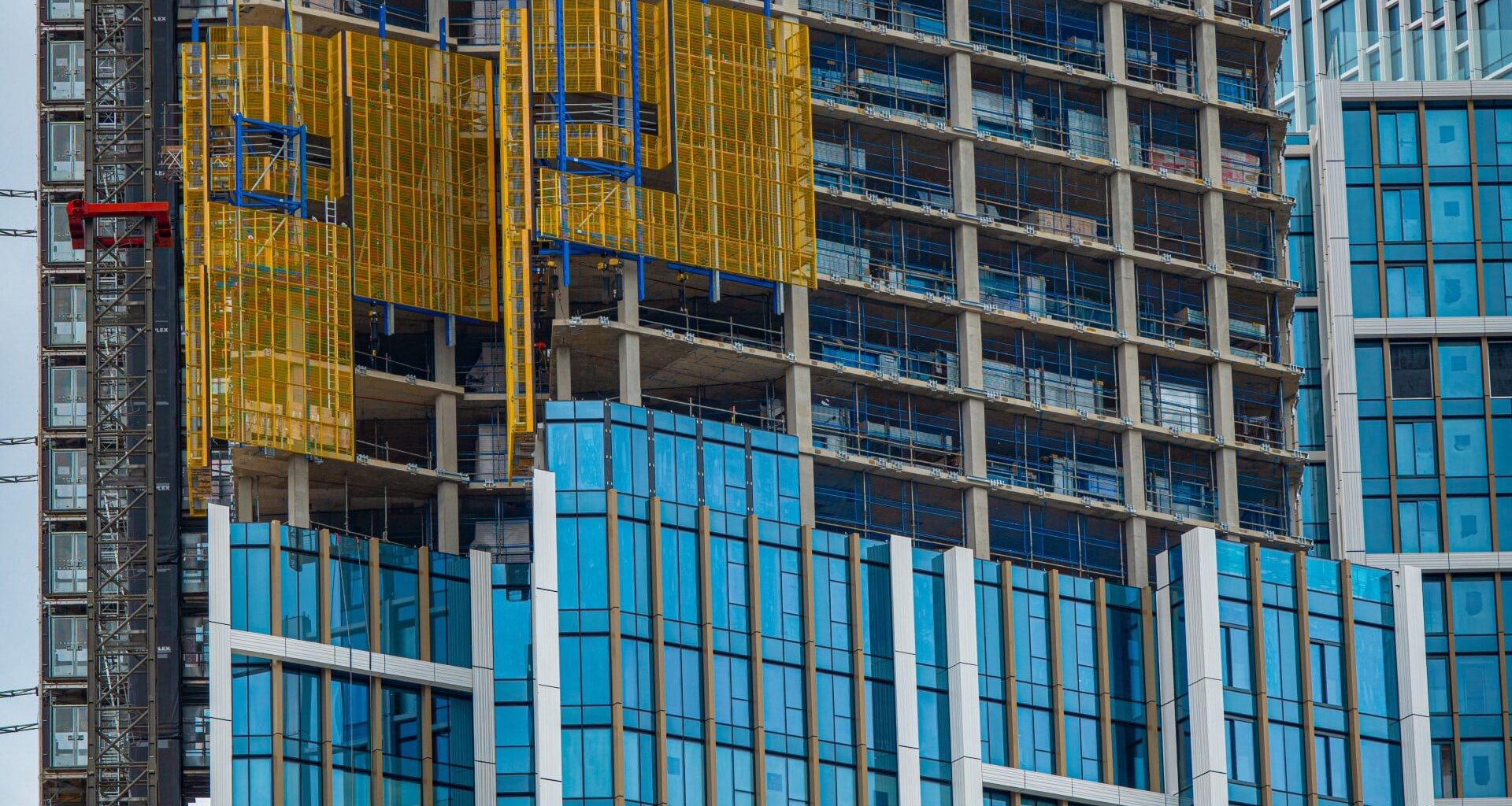The Brussels Times has reported that rising demand for energy-efficient home upgrades in Belgium has led to a surge in the use of external wall cladding, particularly systems based on expanded polystyrene (EPS) insulation.
According to the publication, regional incentives and renovation grants have encouraged homeowners to insulate ageing masonry façades by applying External Thermal Insulation Composite Systems (ETICS), with EPS currently accounting for the majority of installations.
While ETICS can improve thermal performance and help achieve national climate goals, Belgian authorities and fire experts continue to assess the associated fire risks, especially where EPS is used in multi-storey buildings.
EPS cladding and European fire safety debate
The Brussels Times stated that EPS, although affordable and widely used, is rated “E” in the Euroclass fire system due to its combustibility.
The system’s popularity has grown rapidly across Europe, with over 330 million square metres of ETICS reportedly installed in 2020 alone, based on data shared at a recent industry forum.
The publication noted that, despite encapsulation and flame-retardant additives improving overall system safety, the core material still presents fire spread risks when breached or improperly installed.
Grenfell legacy shapes fire safety regulation in Belgium
According to The Brussels Times, the Grenfell Tower fire in London in 2017 continues to influence policy across Europe, including in Belgium.
The report explained that Grenfell’s ACM panels were not the same as EPS, but the tragedy raised awareness of how combustible cladding can fuel vertical fire spread.
In response, Belgium revised its national fire safety regulations in 2022, with new guidance from the High Council for Fire and Explosion Safety introducing stricter limitations on the use of EPS in taller or vulnerable buildings.
Installation standards and legal obligations for homeowners
The Brussels Times reported that current Belgian law permits EPS-based ETICS systems under specific conditions, with non-combustible fire barriers required in multi-storey buildings.
It added that façade renovations involving cladding in Brussels require a permit, and the local fire brigade can impose material standards based on location, height or building type.
The report advised homeowners to choose certified contractors and check that materials and installation methods meet fire safety and technical guidance issued by system suppliers and regulators.
Belgium evaluates fire risk of cladding as retrofitting increases: Summary
The Brussels Times has reported that cladding installations are increasing in Belgium due to energy efficiency incentives.
Many homeowners are using External Thermal Insulation Composite Systems (ETICS) with EPS insulation to upgrade older buildings.
EPS is lightweight and affordable but has a Euroclass fire rating of “E”.
When properly installed, ETICS can achieve better fire performance.
Fire safety concerns have been raised due to the combustibility of EPS.
Belgium revised national fire rules in 2022 following the Grenfell Tower fire.
EPS is now discouraged or restricted in high-rise or sensitive buildings.
Brussels requires permits for façade renovations and may enforce stricter material rules.
Fire barriers and correct sealing are mandatory for EPS use in multi-storey buildings.
Authorities recommend using certified installers and high-rated fire-resistant materials.
